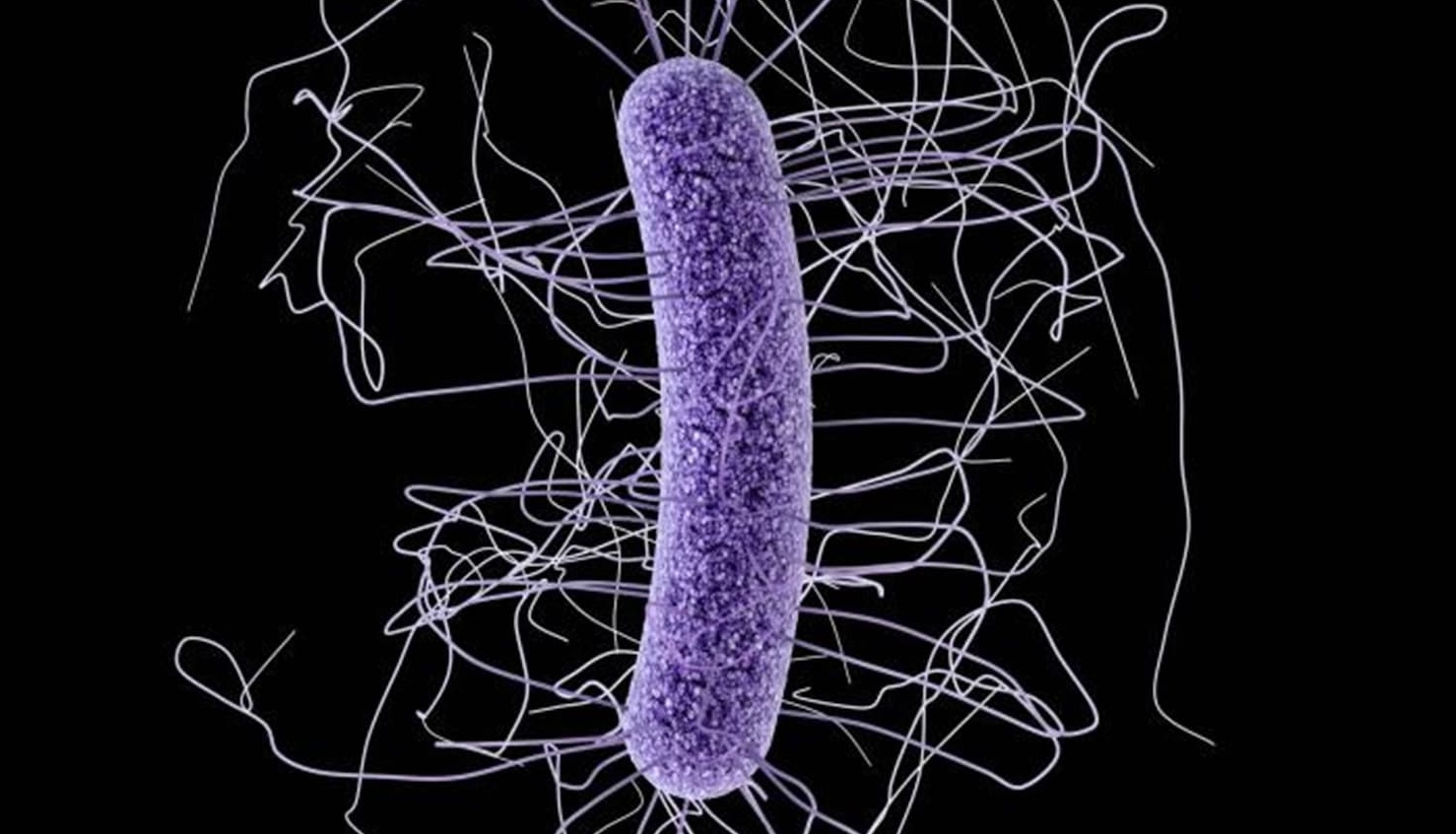Comments
- No comments found

Efficient infection control is a critical aspect of primary care and one that staff must be vigilant about to prevent the spread of disease.
We will discuss the prevention of C. diff., a dangerous infection that can be deadly if not treated properly. We will outline what primary care staff can do to prevent the spread of C. diff., from basic hygiene measures to targeted interventions. Let's get started!

Clostridium difficile, or C. diff., is a type of bacteria that can cause severe diarrhea and other intestinal problems. C. diff infections typically occur in hospitals or other health care settings, where patients are taking antibiotics. Without proper C.Diff precautions and washing your hands, the infection can spread quickly. Antibiotics kill good bacteria in the intestine, which allows C. diff to grow and produce toxins that cause inflammation and diarrhea. C. diff infection can be very serious, even life-threatening. Primary care staff needs to be aware of the signs and symptoms of C. diff so that they can quickly identify and treat the infection.
The most common symptom of a C. diff infection is watery diarrhea, three or more times a day. Other symptoms may include:
Fever - This is usually a low-grade fever, below 101 degrees Fahrenheit.
Abdominal pain or cramping - This may be severe enough to wake you up at night.
Loss of appetite
Weight loss - This can occur if you have a severe C. diff infection and are not able to eat or drink enough fluids.
Nausea and vomiting - These symptoms may occur if you have a severe C. diff infection.
Dehydration - This can occur if you are losing fluids through diarrhea and vomiting and are not able to replace them. Symptoms of dehydration include dark urine, dry mouth, and dizziness.
If you experience any of these symptoms, it is important to see your doctor or primary care provider right away. C. diff infections can rapidly progress to severe dehydration, electrolyte imbalance, and sepsis (a potentially life-threatening condition caused by infection).
C. diff bacteria are spread through contact with contaminated surfaces or objects, such as bedpans, toilets, door handles, etc. The bacteria can also be spread through contact with infected people. People with C. diff are most infectious during the first few days of their illness when they have the highest number of bacteria in their stool.
C. diff is spread through the "fecal-oral route," which means that people can become infected by coming into contact with contaminated feces (stool). This can happen if they touch a contaminated surface and then touch their mouth or nose, or if they eat food that has been contaminated with C. diff bacteria.
People with C. diff are also contagious for a short time after they have finished taking antibiotics for their infection. This is because the antibiotics kill the good bacteria in the intestine, which allows C. diff to grow back quickly.
Anyone can get a C. diff infection, but some people are at higher risk than others. People who are most at risk for C. diff include:
People taking antibiotics - Antibiotics kill good bacteria in the intestine, which allows C. diff to grow.
People with weakened immune systems - This includes people with cancer, HIV/AIDS, and organ transplant patients.
Elderly people - Older adults are more likely to have underlying medical conditions that put them at risk for C. diff.
Children - Children are less likely to get C. diff than adults, but they can still be infected if they come into contact with the bacteria.
There are several things that primary care staff can do to prevent the spread of C. diff:
Educate patients and families about C. diff - Patients and their families need to know the signs and symptoms of C. diff so that they can seek medical help if necessary.
Educate staff about C. diff - Staff should be aware of the signs and symptoms of C. diff so that they can quickly identify and treat the infection.
Practice good hand hygiene - This means washing your hands with soap and water or using an alcohol-based hand sanitizer, especially after coming into contact with feces or contaminated surfaces.
Clean and disinfect contaminated surfaces - This includes toilets, door handles, bedpans, etc. Surfaces should be cleaned with a bleach-based cleaner and then allowed to air dry.
Use personal protective equipment (PPE) - This includes gloves, gowns, and masks. PPE should be used when cleaning or coming into contact with any potentially contaminated surfaces.
Monitor patients for C. diff symptoms - Patients who are at risk for C. diff should be monitored for signs and symptoms of the infection.
There are several things that you can do to prevent yourself from getting C. diff:
Wash your hands often - This is the best way to prevent the spread of C. diff. Be sure to wash your hands with soap and water or use an alcohol-based hand sanitizer, especially after using the toilet, changing diapers, or coming into contact with feces.
Clean and disinfect contaminated surfaces
Use personal protective equipment (PPE)
Avoid sharing personal items - This includes towels, toothbrushes, razors, etc.
If you are taking antibiotics, take them as prescribed by your doctor - Do not stop taking your antibiotics until you have finished the entire course of treatment.
Monitor yourself for C. diff symptoms - If you have any of the signs or symptoms of C. diff, seek medical help immediately.

C. diff is a serious and complicated infection that can be difficult to treat. However, there are things that the primary care staff can do to prevent the spread of C. diff. By practicing good and thorough hand hygiene, cleaning and disinfecting possibly contaminated surfaces, and using personal protective equipment, primary care staff can help prevent the spread of C. diff and save lives.
Leave your comments
Post comment as a guest